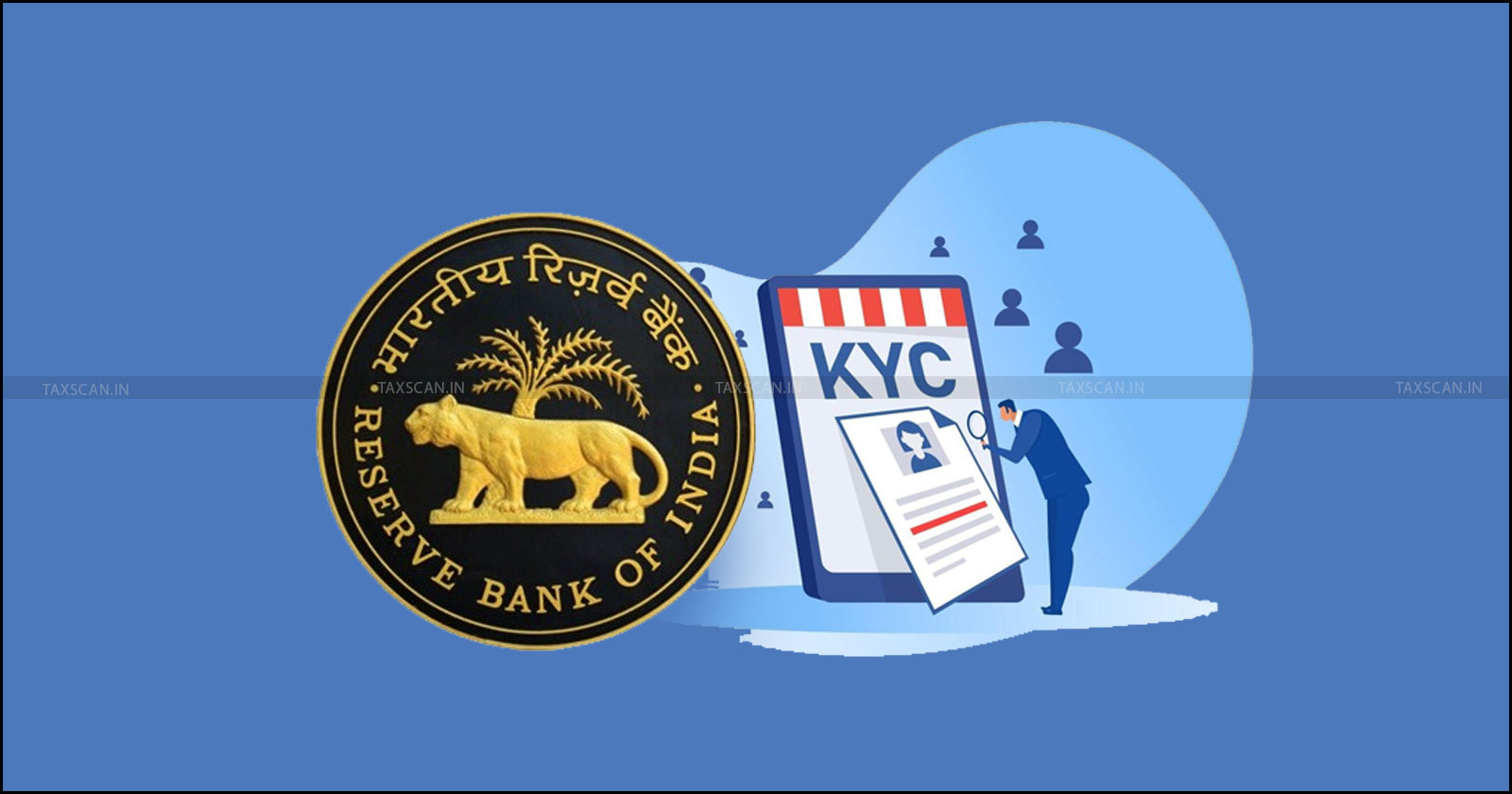RBI Directs KYC Reforms in Finance Sector for Persons With Disabilities: Follows Supreme Court Mandate in Pragya Prasun & Amar Jain [Read Notification]
The judgment is a marker of the changing times where physical limitations should not be a barrier for people to just be able to live a regular life and avail regular services.
![RBI Directs KYC Reforms in Finance Sector for Persons With Disabilities: Follows Supreme Court Mandate in Pragya Prasun & Amar Jain [Read Notification] RBI Directs KYC Reforms in Finance Sector for Persons With Disabilities: Follows Supreme Court Mandate in Pragya Prasun & Amar Jain [Read Notification]](https://images.taxscan.in/h-upload/2025/08/16/2077374-rbi-taxscan.webp)
The Reserve Bank of India (RBI) has undertaken a remarkable step to bring financial inclusion to persons with disabilities, in line with the recent decision of the Supreme Court in Pragya Prasun & Ors. v. Union of India (2025) and Amar Jain v. Union of India (2025).
The RBI Notification RBI/2025-26/74 DoR.MCS.REC.47/01.01.028/2025-26 dated August 14, 2025 directs all banks, non-banking financial companies (including housing finance entities), All-India Financial Institutions, Credit Information Companies, Payment System Providers and Authorised Foreign Exchange Persons to comply with the directives given by the Supreme Court in the above cases.
The order by the Central Bank of the country is on the heels of RBI’s amendment to the KYC Directions to explicitly recognize accessibility safeguards and Aadhaar Face Authentication, ensuring KYC rules are not prejudicial to the unique difficulties and challenges faced by people with disabilities while availing financial services.
 Also Read:RBI to Introduce Continuous Cheque Clearing with Hourly Settlements from January 2026 [Read Notification]
Also Read:RBI to Introduce Continuous Cheque Clearing with Hourly Settlements from January 2026 [Read Notification]
The petitioners in both the writs were acid attack survivors with permanent facial and eye disfigurement while one of the petitioners were 100% blind. The petitioners highlighted before the Court the inaccessible nature of digital KYC, e-KYC and Video KYC processes, seeking directions to enhance the inclusivity and accessibility of the services in accordance with the provisions of the Rights of Persons with Disabilities Act, 2016, Rights of Persons with Disabilities Rules, 2017 and Article 21 of the Constitution of India.
Counsels for the petitioner detailed how lack of alternative procedures for liveness checks (such as blinking) and inaccessible technical standards had effectively denied them essential financial, telecom and government services, and prevented them from completing the Digital KYC /e-KYC process, effectively violating their fundamental rights under Article 21 of the Constitution and the Rights of Persons with Disabilities Act, 2016.
Respondents including the Union of India, Reserve Bank of India, SEBI, Department of Telecommunications and other regulators confirmed the authorities’ commitment to inclusion, but highlighted the statutory requirements under laws like the Prevention of Money Laundering Act. 2002 (PMLA) and the associated Prevention of Money Laundering (Maintenance of Records) Rules, 2005.
 Also Read:SEBI Mandates Inclusive Digital KYC for Persons with Disabilities Following Supreme Court Directive [Read Circular]
Also Read:SEBI Mandates Inclusive Digital KYC for Persons with Disabilities Following Supreme Court Directive [Read Circular]
It was argued that the technical intent of liveness checks was to prevent fraudulent activities rather than discriminatory, and maintained that guidelines existed for accessibility, though the petitioners' struggles had made clear these were not adequately implemented in practice.
The Supreme Court Bench of Justice J.B. Pardiwala and Justice R. Mahadevan considered the submissions and analyzed international conventions and recognized standards and domestic disability rights laws and emphasized the constitutional mandate to recognize accessibility as a fundamental right for persons with disabilities.
The bench held that all entities conducting digital KYC must follow evolving accessibility standards, mandating periodic audits, user testing involving blind users and design of alternative “liveness” verification methods that do not rely solely on visual cues only.
The RBI was also instructed to clarify that Customer Due Diligence could be completed through video-based verification methods without requiring blinking and to amend policies to accept thumb impressions in place of signatures. Further, the Court emphasized the need for accessibility measures such as sign language interpretation, braille and audio formats while ensuring compliance with recognized accessibility standards for all digital platforms.
 Also Read:RBI Amends KYC Directions, Includes Accessibility Safeguards and Aadhaar Face Authentication [Read Directions]
Also Read:RBI Amends KYC Directions, Includes Accessibility Safeguards and Aadhaar Face Authentication [Read Directions]
Additionally, the RBI and other authorities were directed to establish adequate grievance redressal mechanisms, special helplines and human review processes for disabled applicants facing verification issues, along with awareness campaigns and provision of disability sensitization training for officials to ensure effective implementation of these inclusive practices across finance and related sectors.
The judgment is truly a sign of the changing times - since the Apex Court has recognized that physical limitations should not be a barrier for people to just be able to live a regular life and avail regular services, and how contemporary systems should evolve to ensure equity, not equality.
Support our journalism by subscribing to Taxscan premium. Follow us on Telegram for quick updates


